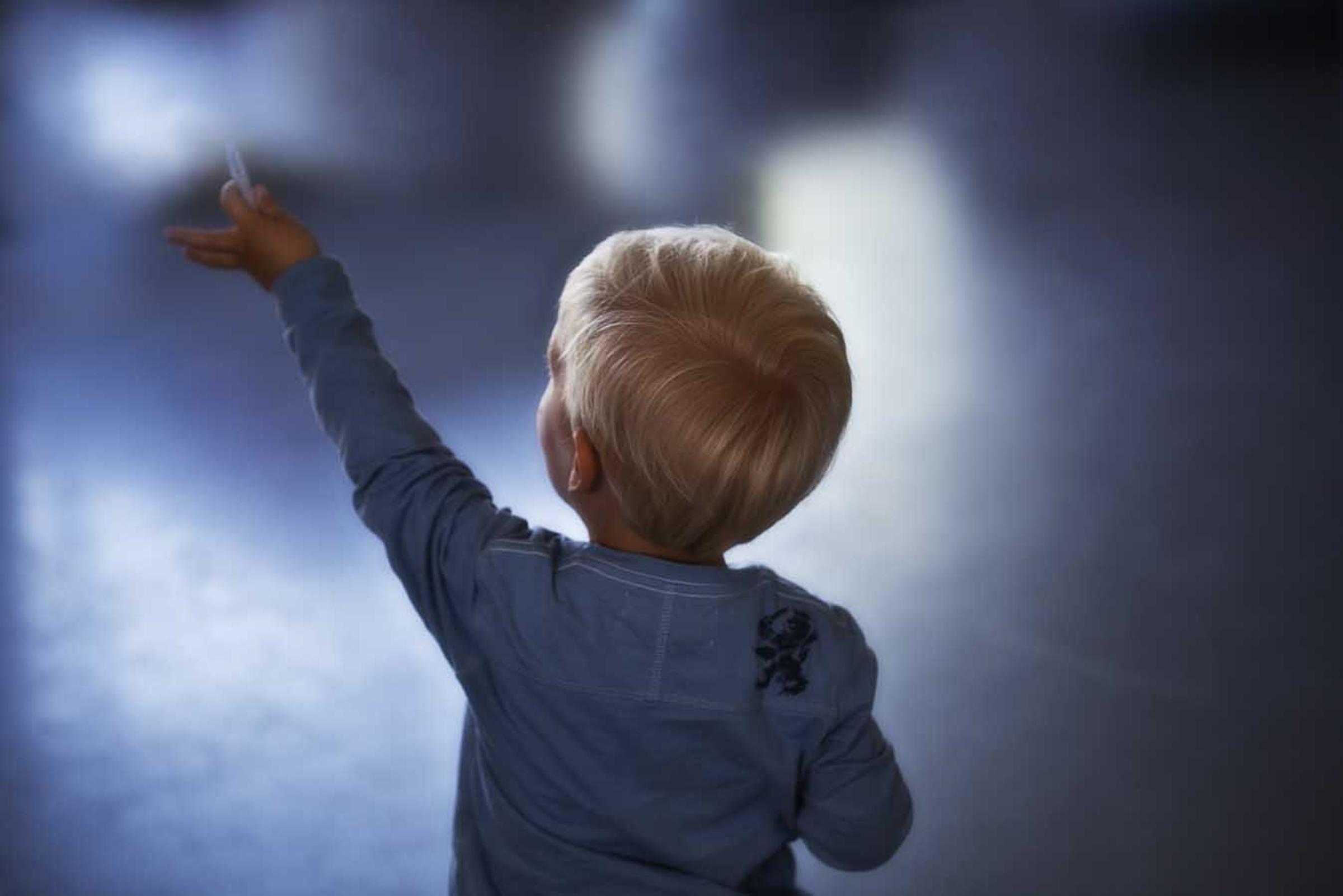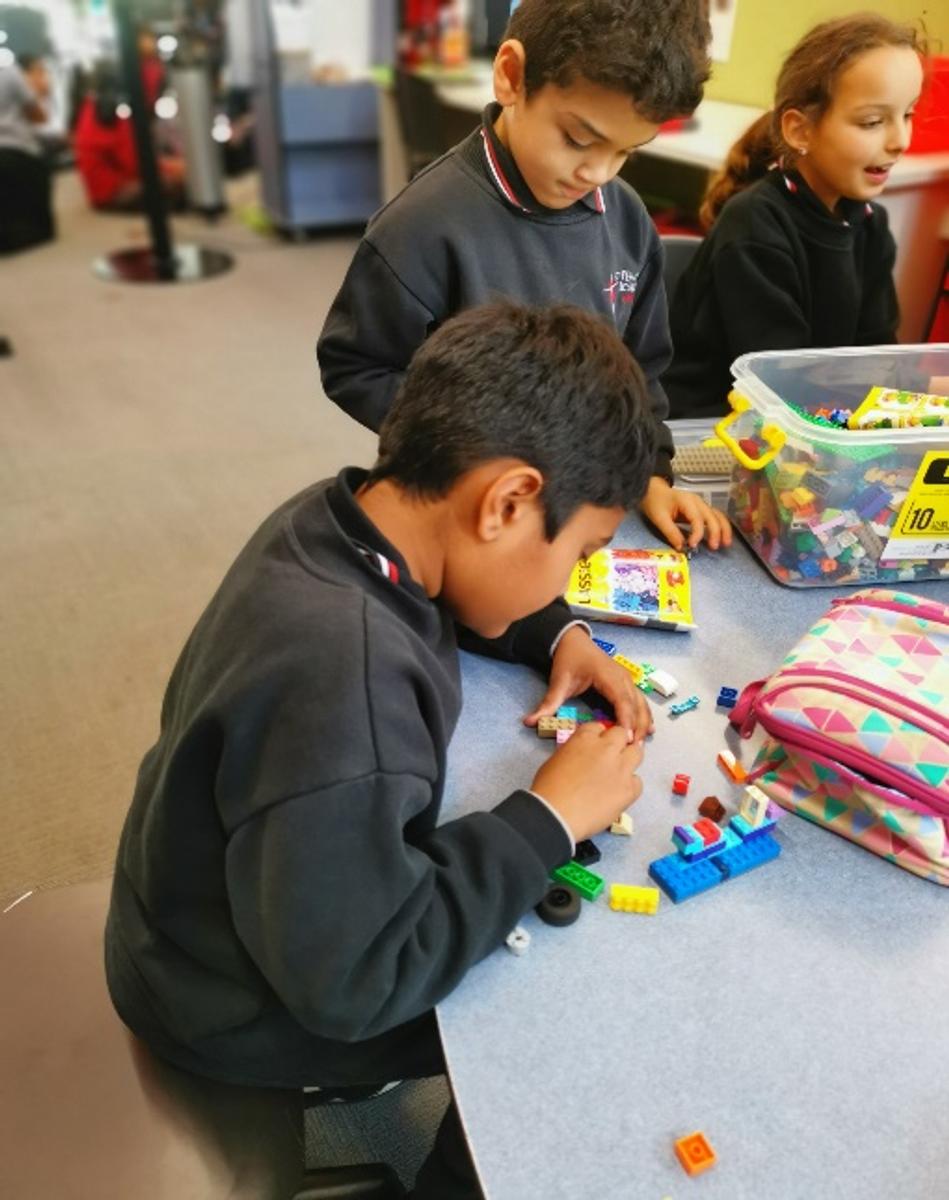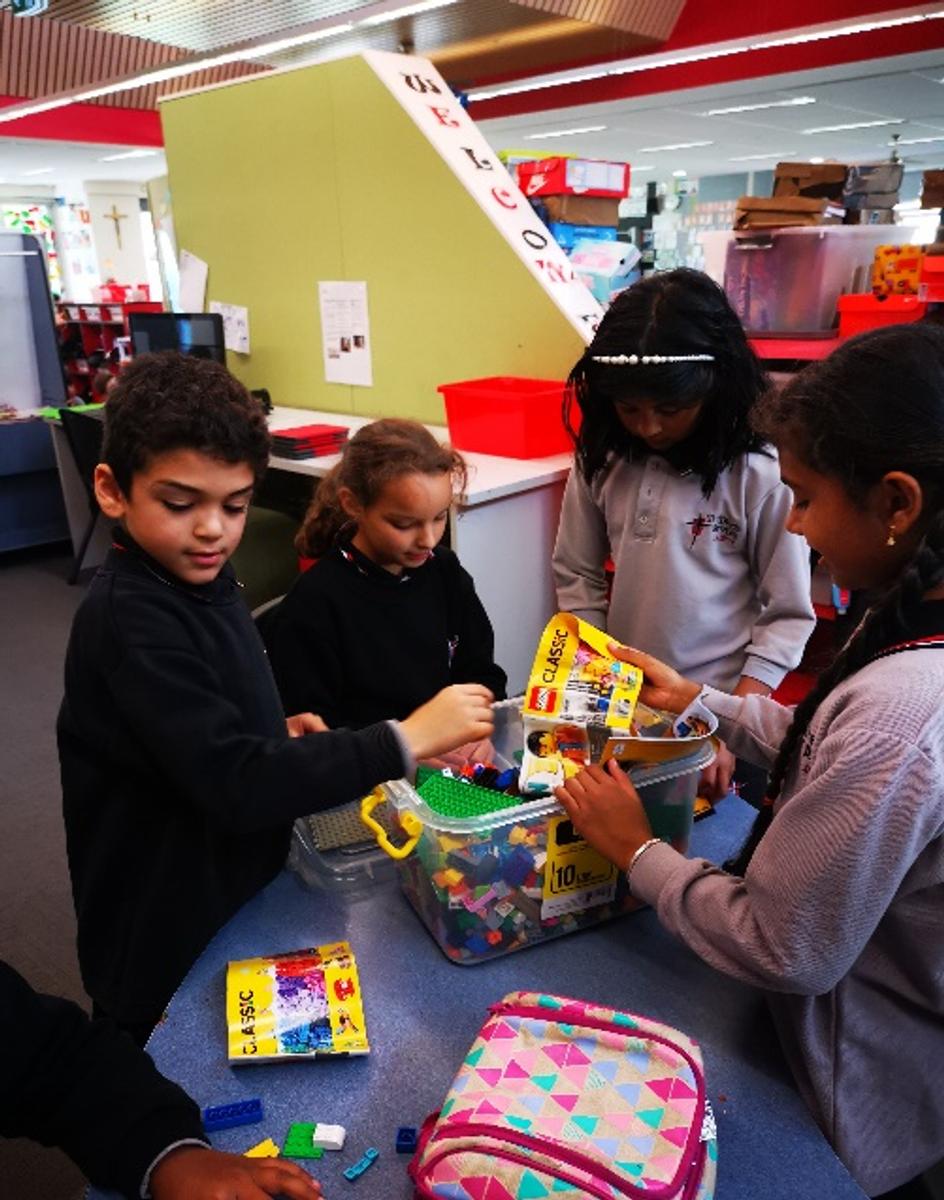Wellbeing

SFS Community Twilight Market
The SFS Twilight community market will be on this year on Thursday 4th November from 5pm until 8pm. We are looking for market stalls, so if you or anyone you know is interested please contact me rlenko@sfslynbrook.catholic.edu.au or you can collect an expression of interest form from the office.
The cost of a stall is 20 dollars with this money going towards our school community garden. We are also looking for prize donations and any performers who would be interested in performing on the night. So if you are a musician, singer, dancer etc and are interested, please let me know. We are hoping after last year, that this year’s market will be bigger and better than ever!
The Resilience Project
With Anzac day last Sunday, what better time to practice empathy and kindness? Check out this amazing video that tracts an act of kindness throughout a single day.
https://www.youtube.com/watch?v=nwAYpLVyeFU
After watching the video, pick three people from your contact list on your phone and send them a message or call them. Ask them how they are going and thank them for something they have done for you. If you have some time, complete a random act of kindness for someone.
Here are some ideas to get you started:
● Offer your seat to someone else on a train/tram
● Let someone in, in a traffic jam
● Compliment someone genuinely
● Hold the door open for someone
● Smile at someone you don’t know
● Thank someone for helping you in the last few weeks
Lego Club
I have been running a Lego club this term and it will run during 2nd lunch time. All children are welcome to come along to Learning Space 1 to join in. It is a chance to work with other children and practice their social skills whilst having fun on a lego project. The collaborative teamwork encourages joint focus, sharing and reinforces positive behaviour and social contact. It also provides an opportunity to make new friends.
BeYou
The BeYou is a resource for educators that promotes the mental health of all members of the school community, students, parents, teachers and wider community. This week’s fact sheet from the BeYou website is about healthy families.
There are things families can do to actively build strong and healthy family relationships.
When working with families, you might like to share strategies that you have observed work well. For families wanting some support, you might suggest they try the following activities at home:
- Spending regular quality time together as a whole family and with each child or young person, even if it’s for a few minutes each day.
- Offering help and support to one another.
- Doing fun things and laughing together.
- Talking to each other.
- Telling each other what you like about your family (for example, “Dad, I like your hugs” or “Cara, you asked for that very politely”).
- Having family discussions to organise family events and to work through difficulties.
- Trying to include children and young people in decisions affecting them (for example, giving younger children choices to help them make a decision).
- Teaching and modelling problem-solving skills to children and young people so they become more confident at resolving their own conflicts.
- Getting support from family, friends or professionals when they need help juggling demands.
Children and young people need the support of a nurturing, well-functioning family. The strength of family relationships directly impacts their development and wellbeing.
As an educator, you’ll likely observe or hear about risk and protective factors in families. You are in a unique position to be able to sensitively offer support and resources for families to better support their children and young people.
Resilience
The following resource about Resilience is taken from the ‘School Stream’ website. www.schoolstream.com.au
What is resilience?
Resilience is having the capacity to be calm, cool and adaptable when the going gets tough. It’s also described as the ability to bounce back when things get challenging, and the ability to overcome difficult experiences and be shaped positively by them. And let’s be honest, the school years are loaded with challenging moments for kids and teens – both academically and socially. If you can’t remember your own school days, it may be enough to know that the popular film Mean Girls was based on a self-help book for the parents of teenage girls.
Can you teach resilience?
Yes. The good news is that resilience is not a “you either have it or you don’t” type trait. It can be learned and, while it’s true that some people may be naturally more resilient than others, resilience is something that can always be improved.
“Our brains respond to the information around us, so resilience can be taught, modelled and nurtured at any age. By doing this, through strong support networks and encouraging communication, we can help young people understand when they feel down and know what they can do to make themselves feel better,” Emma Saddleton from UK Charity Young Minds
Why is being resilient important?
There are so many benefits to resilience in kids and teens. Positive Psychology published this impressive list of benefits in late February:
- Greater resilience leads to improved learning and academic achievement.
- Resilience is related to lower absences from work or school due to sickness.
- It contributes to reduced risk-taking behaviours including excessive drinking, smoking, and use of drugs.
- Those with greater resilience tend to be more involved in the community and/or family activities.
- Higher resilience is related to a lower rate of mortality and increased physical health (2015).
- The experience of more positive emotions and better regulation of negative emotions
- Less depressive symptoms
- Greater resistance to stress
- Better coping with stress, through enhanced problem-solving, a positive orientation, and re-evaluation of stressors
- Successful ageing and improved sense of well-being despite age-related challenges
- Better recovery after a spinal cord injury
- Better management of PTSD symptoms (Khosla, 2017)
No wonder they call resilience the invisible superpower.
Resilience won’t stop kids from facing frustrations, stress and challenges at school, but it will help them to cope well when those types of situations arise. Good indicators for resilience in kids are things like using positive self-talk for encouragement, rearranging plans to work around unexpected situations, remaining hopeful and persistent if something doesn’t work as planned the first time, and having helpful, age-appropriate strategies to manage their feelings if they are upset.
Learning activities & resources to promote resilience in the classroom
Teachers are so important in supporting children’s social and emotional development at school. It’s an impact that extends far beyond the school gates. As Andrew Martin from the University of NSW says:
‘Teachers are not a seven-hour Band-Aid that is undone once a child gets home from school: the teacher’s influence is unique and ongoing’.
This is to say that teachers are exceptionally well-placed to play a key role, in partnership with parents and carers, as part of a child’s resilience coaching team. There are loads of strategies and resources online to support educators in this. A recent article in Teacher Magazine describes the key resilience skills teachers can help students practise and develop in the classroom:
- Empathy and positive relationships with others
- Sense of responsibility
- Self-management of emotions
- Problem solving skills
Classroom activities such as shared storybook reading, readers’ theatre, memory boxes, creative writing, writing letters and poetry, and games can all be used to help support these four key resilience skills. These activities also have the benefit of supporting literacy and language skills.
If you have any concerns about the wellbeing of your child, please do not hesitate to contact me.
Rachel Lenko
rlenko@sfslynbrook.catholic.edu.au
Student Wellbeing Leader



